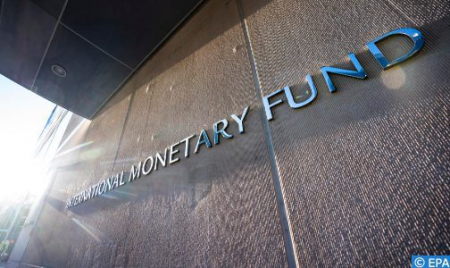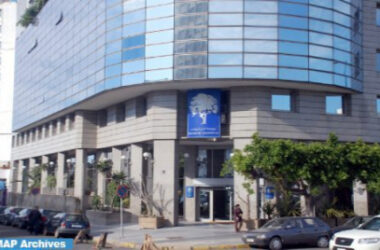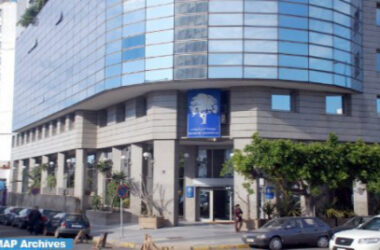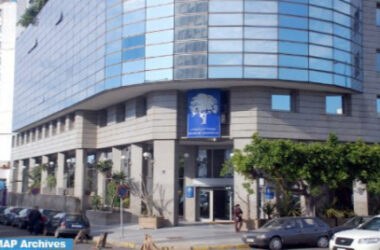“While the PLL arrangements have served the country well in the past, Morocco’s very strong fundamentals and institutional policy frameworks, sustained track records of implementing very strong policies, and continued commitment to maintaining such policies in the future all justify the transition to an FCL arrangement,” the IMF pointed out in a release.
An FCL arrangement would help Morocco face the challenge of rebuilding the policy space, while accelerating the implementation of its structural reform agenda in an increasingly risky external environment, the Washington-based institution said.
Following the Executive Board’s discussion on Morocco, Antoinette Sayeh, Deputy Managing Director and Acting Chair, stressed that “Morocco’s very strong macroeconomic policies and institutional framework have allowed its economy to remain resilient to the multiple negative shocks that have occurred over the past three years, including the pandemic, two droughts, and the spillovers from Russia’s war in Ukraine”.
“Going forward, the Moroccan authorities remain committed to rebuilding policy margins, delivering a comprehensive policy response to new shocks, and continuing to implement the comprehensive structural reforms needed to make economic growth stronger, more resilient, and more inclusive,” she added.
“Despite this resilience, the Moroccan economy remains vulnerable to a worsening of the global economic and financial environment, higher commodity price volatility, and recurrent droughts”, the IMF official noted.
“Against this background, the FCL arrangement will enhance Morocco’s external buffers and provide the country further insurance against tail risks,” she said.
“The authorities intend to treat the FCL arrangement as precautionary, and to exit the arrangement as soon as the 24-month period is completed, contingent on the evolution of risks,” Ms. Sayeh added.
Since 2012, Morocco had benefited from four successive Precautionary and Liquidity Line (PLL) arrangements, amounting each to about US$ 3 billion.
The first PLL was approved on August 3, 2012, and three additional approved on July 28, 2014, July 22, 2016, and December 17, 2018.
The fourth PLL expired on April 7, 2020, when the authorities purchased all available resources under the PLL to limit the social and economic impact of the COVID-19 pandemic and allow Morocco to maintain an adequate level of official reserves to mitigate pressures on the balance of payments.










